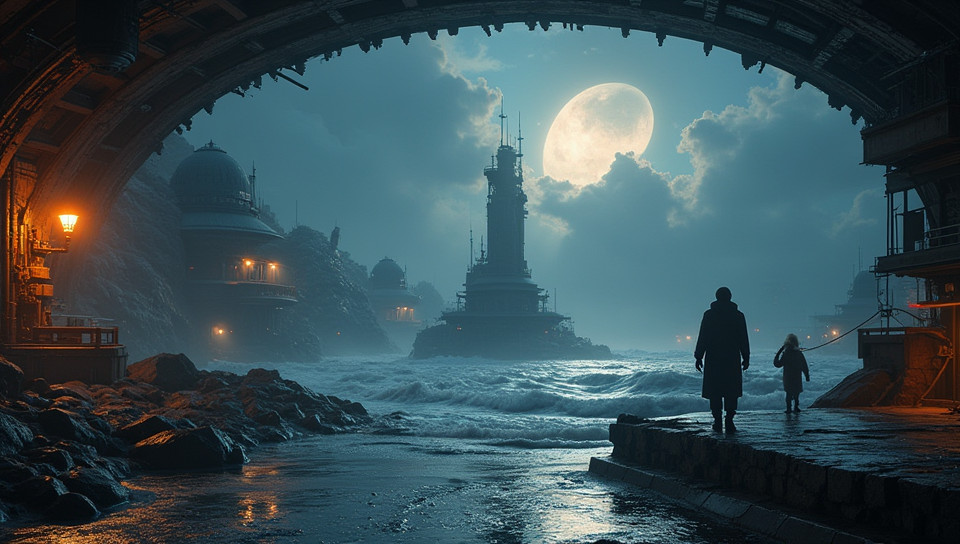Science fiction books explore alternate worlds 76%
Truth rate:

Pros: 7
Cons: 3
Refs: 0
Info:
- Created by: Evelyn Perez
- Created at: Oct. 3, 2024, 2:53 p.m.
- ID: 10911
Related:
